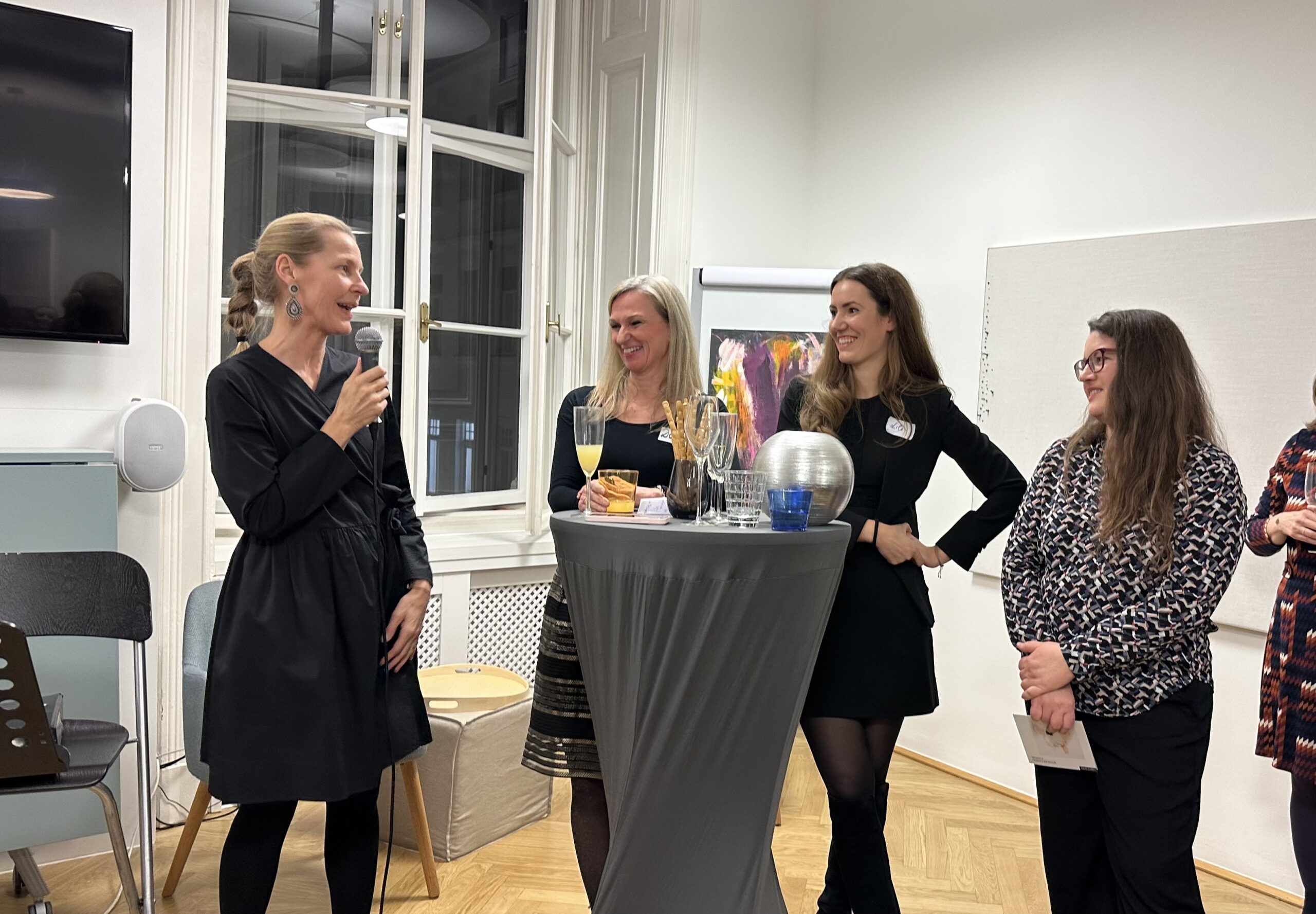To celebrate International Women's Day, Doris Bures, the Second President of the National Council, invited to the Austrian Parliament last week. The topic "Women and AI - discrimination trap or feminist upswing" was discussed, and our dear Claudine Ulreich and Doris Weyer were able to attend.
The focus of the event was to look at AI from a feminist perspective and to highlight and analyze its impact on gender inequalities in our society. Inspiring keynotes by Professor Sabine Köszegi and author and journalist Ingrid Brodnig provided valuable insights. A thought-provoking panel discussion rounded off the event before H.A.U.S.org provided a practical insight into artificial intelligence through an AI-supported robot dance.
As a women-led company, it is particularly important to us to deal with topics such as gender and diversity from a wide variety of perspectives and to continuously broaden our skills and knowledge. Although artificial intelligence offers numerous opportunities, it also harbors potential problems and challenges that should and must be discussed and taken into consideration for further developments.
The topic of artificial intelligence has been on everyone's lips for some time now and will continue to grow in importance in the future. It has become indispensable in many areas of life and work, and while the possibilities that come with it are manifold, it is still important to enjoy AI with a certain amount of reflection. Unfortunately, stereotypes and artificial intelligence often go hand in hand. As AI learns from human data, it also adopts and reproduces human prejudices and assumptions. For example, in an analysis of over 5,000 AI-generated images, Bloomberg found that images associated with higher-paying job titles show people with lighter skin tones and that the results for most job roles are male-dominated. These are just two examples of the reproduction of stereotypes, but they clearly illustrate why the use of AI-generated content should be done with caution and attention. It is therefore essential to take a close look at the development and application of AI to ensure that algorithms are programmed and trained in a non-discriminatory manner, as far as possible.
Photos copyright: Parliamentary Administration/Johannes Zinner







